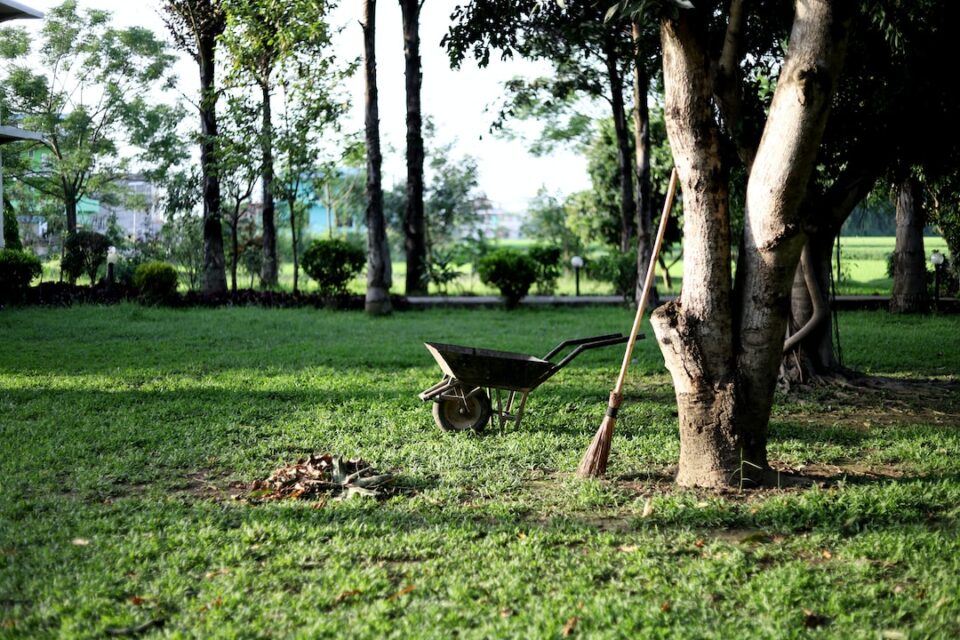Preventing Common Garden Diseases: Tips for a Healthy Garden
Gardening is a rewarding and fulfilling hobby that allows us to connect with nature and enjoy the beauty of our surroundings. However, just like humans, plants can also fall victim to various diseases that can hinder their growth and development. In order to maintain a healthy garden and ensure the longevity of your plants, it is essential to take preventative measures against common garden diseases. Here are some tips to help you keep your garden disease-free and thriving.
1. Start with healthy plants: Prevention starts from the beginning. When purchasing plants for your garden, carefully inspect them for any signs of disease or pests. Avoid bringing in plants with wilted leaves, discoloration, or any visible damage. It is also advisable to buy plants from reputable sources to reduce the risk of introducing diseases to your garden.
2. Maintain proper spacing: Overcrowding plants can create a humid environment that promotes the spread of diseases. Ensure that you give each plant enough space to grow and breathe by following the recommended spacing guidelines. Proper airflow among plants helps to prevent the buildup of moisture, which can lead to fungal infections.
3. Practice good garden hygiene: Regular maintenance and cleanliness are crucial for keeping diseases at bay. Remove any fallen leaves, branches, or fruits from the garden as these can harbor diseases and provide a breeding ground for pests. Also, clean your garden tools after each use to prevent the transmission of diseases from one plant to another.
4. Water plants correctly: Many diseases thrive in wet conditions, so it is important to water your plants correctly. Avoid overhead watering, as it can lead to the spread of fungal diseases by splashing water onto the leaves. Instead, opt for watering at the base of the plants, early in the morning, to allow the foliage to dry before evening. Water deeply and infrequently to encourage plants to develop a strong root system.
5. Mulch wisely: Mulch serves as a protective layer for the soil, conserving moisture and preventing weed growth. However, if not used correctly, it can also promote the development of diseases. Avoid piling mulch too close to the base of plants, as it can create a damp environment that encourages fungal growth. Maintain a gap between the mulch and the stem of the plant to prevent rot and other diseases.
6. Rotate crops: Practicing crop rotation is a useful strategy that helps to prevent the buildup of diseases in the soil. Different plant families are susceptible to different diseases, so by rotating your crops, you decrease the chance of diseases becoming established in your garden. By planting different species each year, you disrupt the life cycles of pests and diseases, reducing their impact on your garden.
7. Use organic fertilizers and pest control: Chemical fertilizers and pesticides can have detrimental effects on the environment and the health of your garden. Consider using organic alternatives, such as compost and natural pest control methods, to feed and protect your plants. Organic fertilizers promote healthy soil, which in turn creates stronger and more disease-resistant plants. Additionally, natural pest control methods, such as companion planting and introducing beneficial insects, help to keep pests in check without compromising the health of your garden.
By implementing these preventative measures, you can significantly reduce the risk of common garden diseases and promote a healthy garden environment. Remember that prevention is the key, so stay vigilant and address any signs of disease early on to avoid them spreading. The time and effort invested in maintaining a disease-free garden will surely pay off with abundant blooms, healthy produce, and a thriving space that you can enjoy for years to come. Happy gardening!

